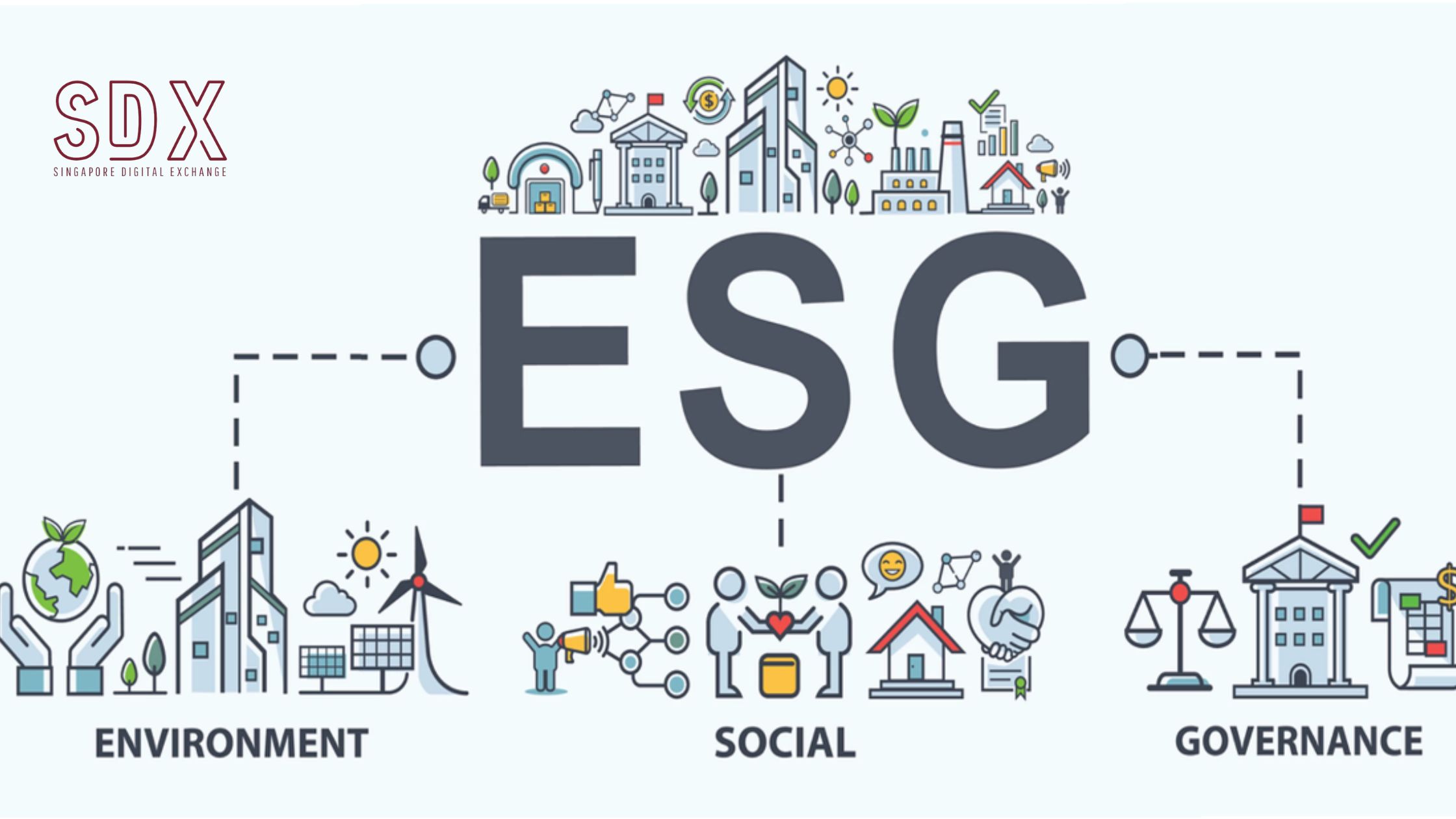Scientists and global policymakers view Asia as a critical battleground for ESG and SDG priorities (UNESCAP 2019).23 Asian PE needs a more aspiring path to impart a positive influence on these prime issues. The SDGs presently offer the best reference point to start conversations on how to achieve more sustainable and just economies and societies.
Given the difficulty of and prognosis for Asia’s ESG problems, it is virtually definite that governments will grow the scale and scope of regulations. This is likely to address the use of non-renewable materials, the pace of development of endless energy, raising air and water emissions standards, limitation on international transport of waste, and costing of negative externalities such as carbon emissions. One current example is China’s approaching soil quality and restoration laws that could exceed even the toughest standards in Europe or the United States (Farmer and Mahoney 2019).
While multinationals are expected to lead Asian ESG creativities due to global mandates, Asian PE investors working hard together with locally led businesses have a chance to develop competitive advantages by more clearly establishing ESG and sustainability performance. Capital investment that does not go beyond minimal and defensive strategies fails to respond to the changing commercial context. Evidence from outside Asia aggresses the proposition that Deep ESG can enable positive differentiation, including by establishing the initial ESG valuation proposition, combining it into investment decisions, and promoting better ESG stakeholder governance.
The driving main of Deep ESG is to operationalize ESG and sustainability metrics by engaging management dedication to the SMP, moving assessment to an outcomes-focused approach, establishing higher hopes across an entire investment portfolio, and enabling the holistic evaluation of performance. Taken together, this increases the ability of market forces to control whether capital is being allocated to managers who take ESG and sustainability seriously. Managers will need to ask hard questions to ensure that the full investment team considers ESG an integral part of the investment process, not simply an afterthought. As such, it promotes a more informed context for the evaluation, implementation, and review of investments being held out with ESG or sustainability labeling.


